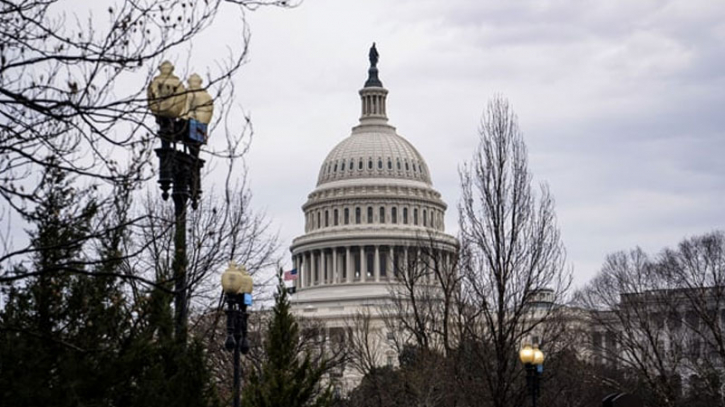US Congress announces partial budget deal

US congressional leaders announced a funding deal on Sunday for a large section of the federal budget, which both chambers will seek to pass before a deadline later in the week.
Over five months into the fiscal year, the divided Congress still has not approved the 12 annual spending bills that make up the federal budget, having repeatedly kicked the can down the road while negotiators hammer out differences.
Last week the Republican-led House and Democratic Senate approved another short-term "continuing resolution," which extended the deadline for the first six bills until this coming Friday and making March 22 the cut-off for the remaining six.
"It's good news that Congress has finally reached a bipartisan agreement on the first six government funding bills that will keep the government open," Senate Majority Leader Chuck Schumer said Sunday afternoon of the nearly $460 billion package.
"The clock is now ticking until government funding runs out this Friday. Between now and the end of the week, the House must quickly pass and send the Senate this bipartisan package," he said in a statement.
A delay in either the House or Senate, where each party has only a razor thin majority, could prompt a partial government shutdown after the March 8 deadline.
President Joe Biden is set to address both chambers of Congress on March 7 for the annual State of the Union address.
House Speaker Mike Johnson, who has had to walk a tightrope between the demands of his own right-wing flank and more moderate Republicans, hailed the package as securing "key conservative policy victories" and imposing "sharp cuts" to some federal spending.
But Patty Murray, the chair of the Senate Appropriations Committee, said Democratic negotiators had successfully "blocked countless extreme Republican policies--like efforts to restrict abortion rights--that would have set our country back decades."
Some conservatives promptly rejected the package, with Republican Senator Mike Lee saying on X, formerly Twitter, that "no Republican should vote for this bill."
.png)




